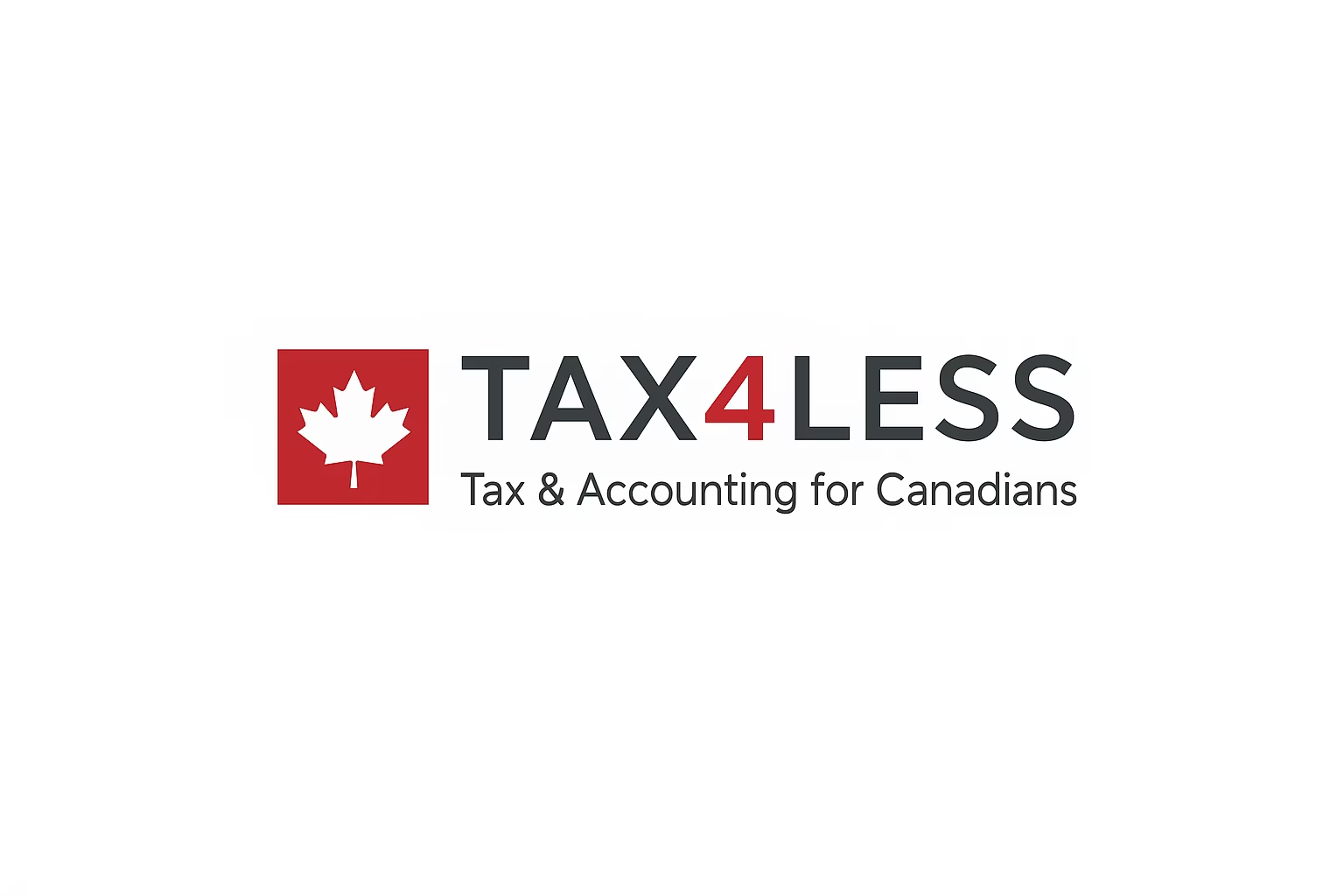How to Create a CRA My Account and Authorize Your Accountant
Are you ready to simplify your tax management? Discover how to create a CRA My Account and effortlessly authorize your accountant for full access. With just a few easy steps, you can ensure your tax matters are handled efficiently, allowing your representative to file returns, make account changes, and submit documents on your behalf. Whether you're a sole proprietor or an individual, understanding the levels of authorization is crucial. Don't let tax season stress you out—learn how to set up your account and give your accountant the tools they need to help you succeed!











